I was so saddened to hear of the death of Margaret Whitlam (nee Dovey) yesterday, described by her husband Gough as ‘a remarkable woman and the love of my life.’ She was 92, and they would have been celebrating their 70th wedding anniversary in a few months.
![margaret-whitlam-young [Margaret Whitlam as a young woman]](http://bethspencer.com/blog/wp-content/uploads/2012/03/margaret-whitlam-young.jpg)
You can read more about her amazing life and the tributes pouring in from such a wide range of people, from all sides of politics, at the news sites, e.g here at news.com.au, the Brisbane Times, and at the ABC site (the latter includes a 28min video from the 70s).
I just wanted to say thank you, Margaret, for being such an amazing woman, and such a stunning role model to a young girl in the 1970s.
I was brought up on statements like ‘You can’t have love and a career’, ‘Men don’t like girls who are loud [ie opinionated]’, and ‘Education breaks up marriages.’
Girls had to be less educated, earn less, talk less, be weaker, and most importantly shorter than the men around them to get along.
Tall girls were to be pitied (they were even being given experimental hormone therapy in those days by concerned parents and doctors). At least I was short. The talking and the opinions thing, well that still needed a lot of work.
![gough-margaret-whitlam-1972 [Gough and Margaret Whitlam, It's Time campaign photo for the ALP, 1972]](http://bethspencer.com/blog/wp-content/uploads/2012/03/gough-margaret-whitlam-1972-300x230.jpg) Into this world, through the successful 1972 ALP ‘It’s Time’ campaign, strode Margaret Whitlam. A woman of stature in every sense of the word, well-educated, who spoke her mind freely, and was obviously beloved not just by her Prime Minister husband but by most people who met her.
Into this world, through the successful 1972 ALP ‘It’s Time’ campaign, strode Margaret Whitlam. A woman of stature in every sense of the word, well-educated, who spoke her mind freely, and was obviously beloved not just by her Prime Minister husband but by most people who met her.
If women could be really really tall and imposing and take up space and still succeed in life, then to me it seemed they could be and do anything and everything.
Thank you, Margaret Whitlam, for your big heart, big voice, and your refusal to be nothing but your best self. Go well.
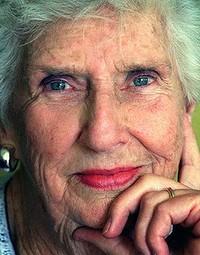
.
*just for the record, according to one source, Margaret Whitlam was 188cm tall.
** Further reading: see Susan Mitchell’s biography of Margaret Whitlam. I also recommend Jenny Hocking’s biography Gough Whitlam: A Moment in History, with the second volume due out later this year.
Please scroll down if you’d like to add a tribute or comment.

![charles dickens and his editor cartoon [Charles Dickens and his editor cartoon]](http://bethspencer.com/blog/wp-content/uploads/2012/02/dickens-n-editor-300x300.jpg)
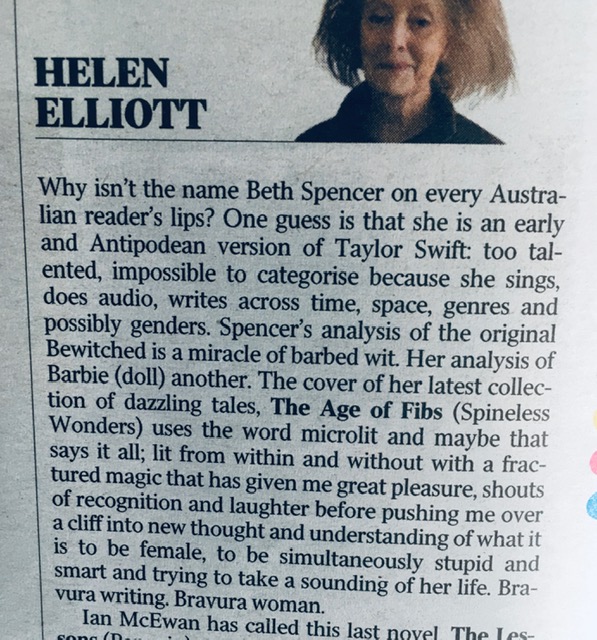
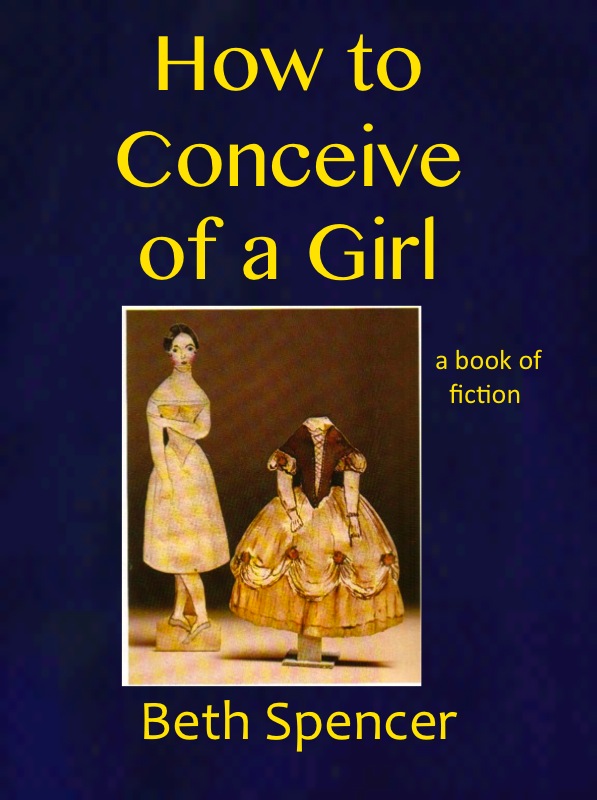
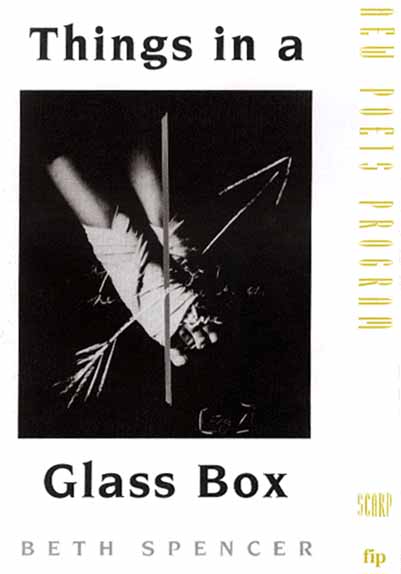
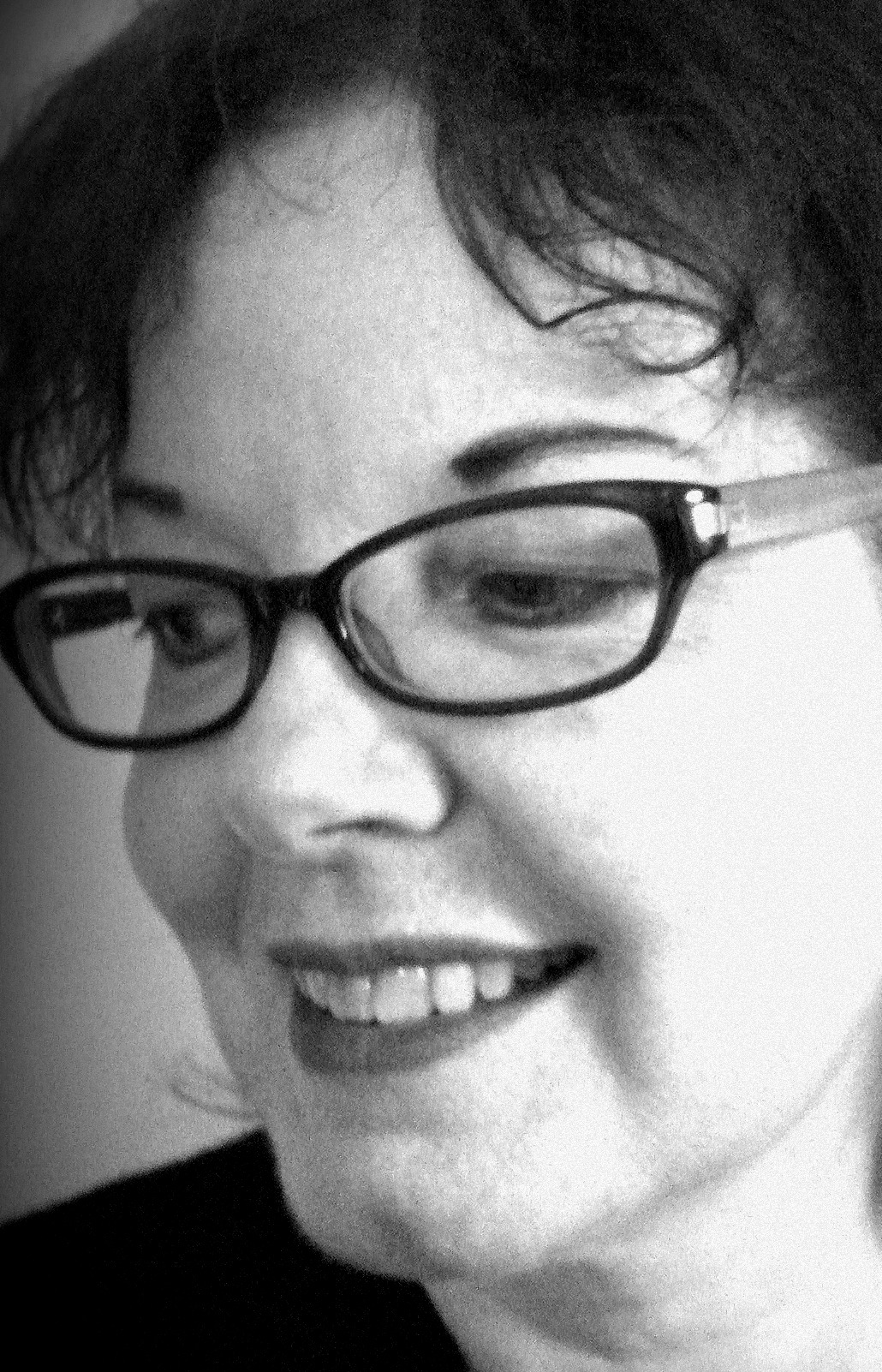
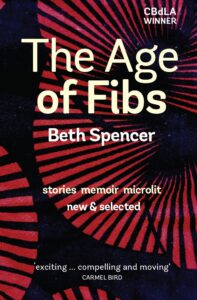
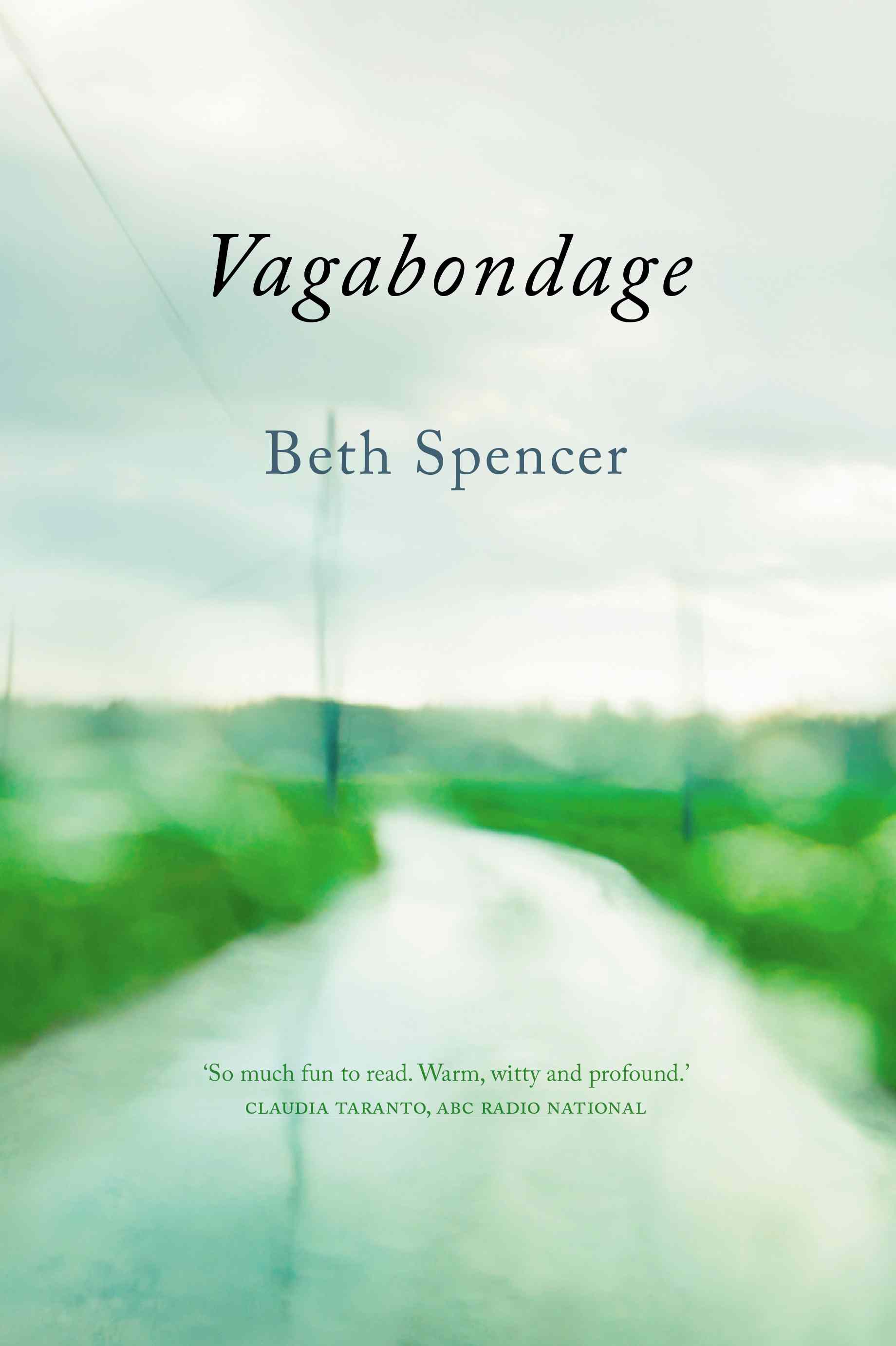
![[The Party of Life, cover]](http://bethspencer.com/blog/wp-content/uploads/2012/11/sm-edged-front-cover-Party-of-life-227x300.jpg)

